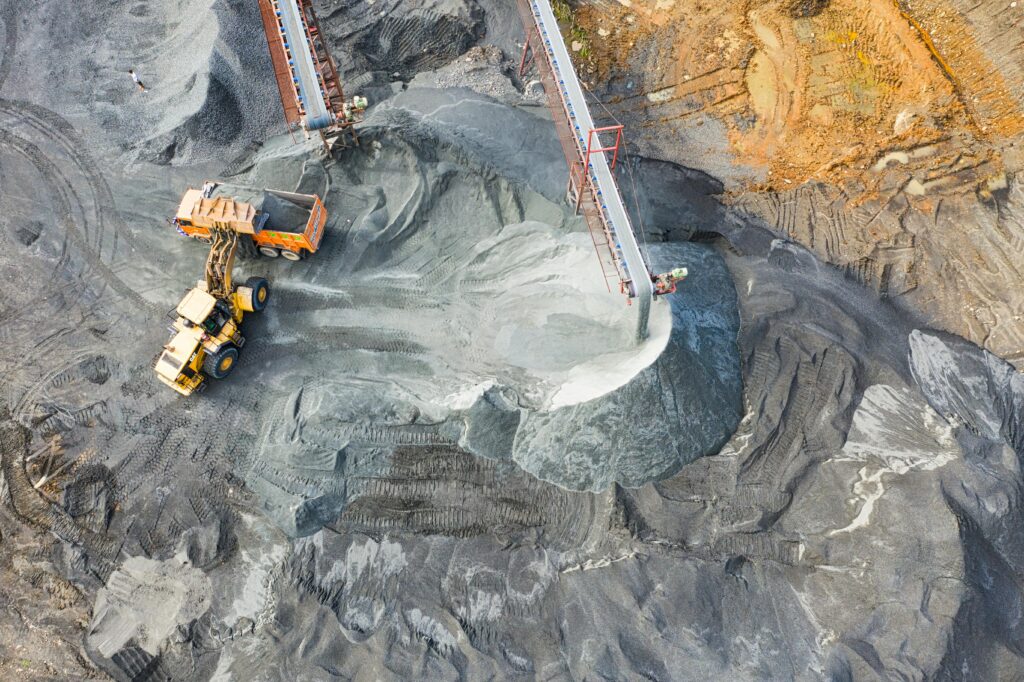Are You Prepared for a Compliance Audit? Key Steps Every Company Must Take
In today’s rapidly evolving regulatory environment, compliance audits are an essential part of running a business, especially as governments, regulatory bodies, and industry standards become increasingly stringent. Whether you’re operating in energy, oil & gas, or any other regulated industry, being unprepared for a compliance audit can result in significant fines, legal complications, and damage to your reputation. The good news is that with proper preparation, you can ensure that your business not only passes a compliance audit but does so with flying colors. What is a Compliance Audit? A compliance audit is an examination of a company’s adherence to regulatory guidelines. These audits can be internal (performed by the company’s own staff or third-party experts) or external (carried out by regulatory bodies or government entities). In industries like energy, oil & gas, and finance, compliance audits check whether businesses are following legal, environmental, financial, and operational standards. Step 1: Understand the Regulations and Requirements The first step in preparing for any compliance audit is to fully understand the regulations and requirements specific to your industry. This includes: ● Local and international laws: For example, anti-corruption laws, environmental protection regulations, or financial reporting standards. ● Industry-specific regulations: Depending on the sector you operate in (energy, oil & gas, finance, etc.), there are tailored regulations that you must follow. ● Corporate policies and procedures: Ensure that all internal policies reflect current regulations, particularly those related to ethics, data protection, employee health and safety, and environmental stewardship. Take time to familiarize yourself with these regulations and consult with legal experts or compliance consultants if necessary. Step 2: Review and Organize Key Documentation A successful compliance audit requires proper documentation. Having your records organized, complete, and accessible is critical for proving that your company follows the required standards. These documents can include: ● Financial records: Financial statements, tax filings, and records of any external audits. ● Regulatory reports: Records of past compliance checks and reports submitted to regulatory authorities. ● Employee and contractor files: Documentation of hiring practices, training records, and compensation information. ● Health and safety records: Reports of safety checks, inspections, and accident investigations. ● Environmental compliance reports: Documentation of emissions reports, waste management, and environmental audits. It’s important to ensure all records are current and compliant with the necessary laws. Also, organizing your records into clearly defined categories will make it easier for auditors to navigate through them, speeding up the process. Step 3: Conduct an Internal Compliance Review Before your official audit, conducting an internal compliance review is one of the most effective ways to identify any gaps in your company’s compliance efforts. The internal audit should focus on the following: ● Identifying weaknesses: Are there any areas where your company’s policies or procedures may not fully align with current regulations? ● Assessing employee adherence: Do employees understand and follow company policies? Are there any internal training or awareness gaps that need addressing? ● Checking compliance technology: Are your internal systems for tracking compliance (such as CRM, HR management, or accounting systems) up to date and secure? ● Spotting potential risk areas: Have there been any compliance violations in the past? Are any high-risk areas exposed to non-compliance (e.g., environmental practices in the energy sector)? After conducting an internal review, you can correct any deficiencies and update policies before the official audit. Step 4: Train Your Team and Foster a Culture of Compliance A well-trained team will not only ensure smoother audits but also prevent violations from happening in the first place. ● Training on regulations: Ensure employees understand the specific compliance regulations relevant to their roles. ● Setting clear expectations: Define the roles and responsibilities of employees when it comes to compliance, ensuring that they know how to report issues and follow company procedures. ● Fostering a compliance culture: Encouraging transparency, open communication, and ethical business practices throughout your company will help build trust with regulators and improve your audit performance. Consider offering refresher courses periodically, especially when new laws and regulations are introduced. Step 5: Prepare for the Audit Process During the audit, auditors will want access to records, ask questions, and observe your company’s operations. Here’s how to get ready: ● Appoint a dedicated audit team: Have a clear point of contact or a dedicated team responsible for liaising with auditors. This will streamline communication and ensure your company remains organized throughout the audit. ● Prepare for questions: Anticipate the types of questions auditors might ask. For instance, they may want to know how you track employee training, ensure financial transparency, or ensure environmental practices are being followed. ● Ensure access to key personnel: Make sure that key employees (e.g., compliance officers, legal advisors, finance managers) are available to meet with auditors and answer any questions. Preparation is key. The smoother your audit process, the less disruption to your daily operations. Step 6: Follow Through Post-Audit Once the audit is completed, the next step is to address the findings. If there are any areas of non-compliance, it’s crucial to take immediate action. Here’s how to move forward: ● Review the audit findings: Understand where your company fell short. Were there any regulatory violations, missing documentation, or procedural issues? ● Correct deficiencies: Create an action plan to rectify any deficiencies or violations highlighted in the audit report. Make the necessary policy changes and ensure that all compliance gaps are addressed. ● Report your actions: If the audit includes feedback, inform the auditors about how you’ve addressed any issues. Regular updates will demonstrate your commitment to compliance and improve your future audit results. ● Monitor progress: Continuously monitor compliance after the audit to ensure that your business remains on track and adheres to both industry regulations and best practices. Step 7: Stay Proactive and Continuously Improve Compliance is not a one-time task; it is an ongoing process. To keep your company in good standing, continuously improve your processes. Regular internal audits, updated employee training, and staying informed on changes in regulations are key. Conclusion: Get Ready, Stay
Are You Prepared for a Compliance Audit? Key Steps Every Company Must Take Read More »









